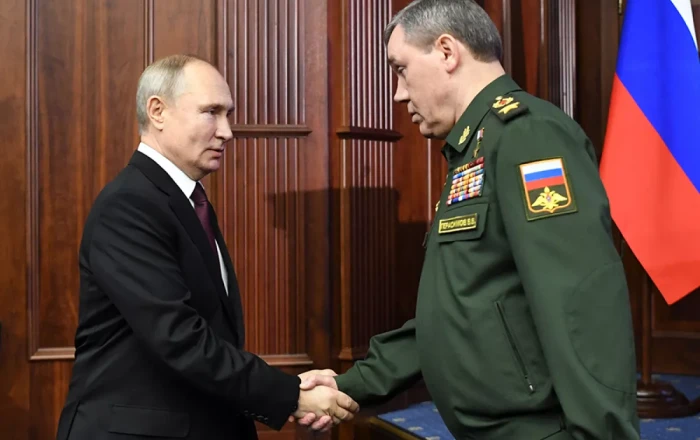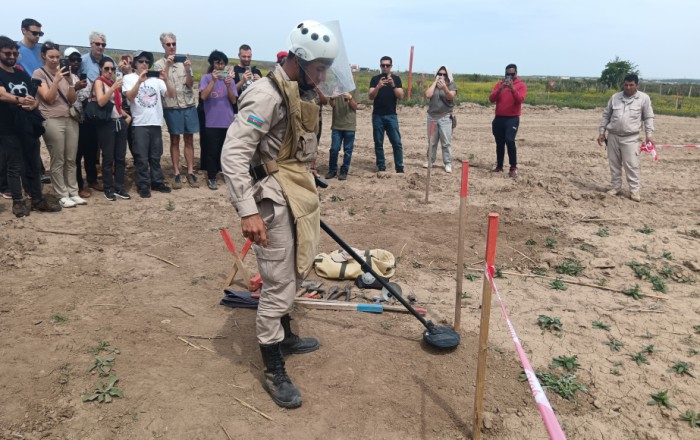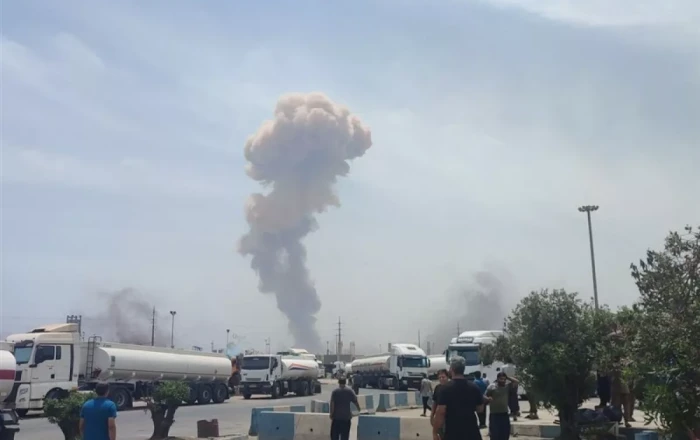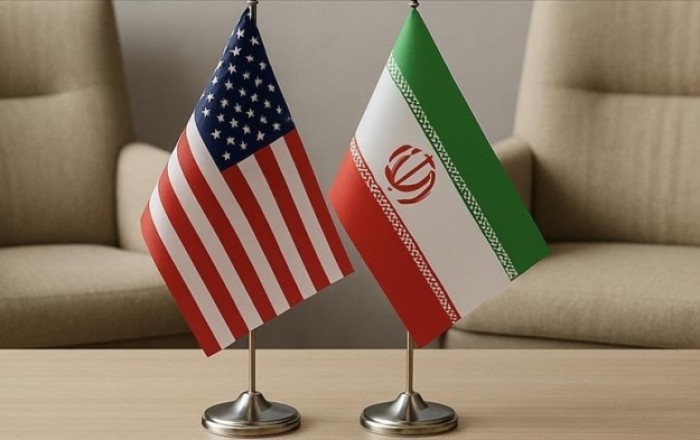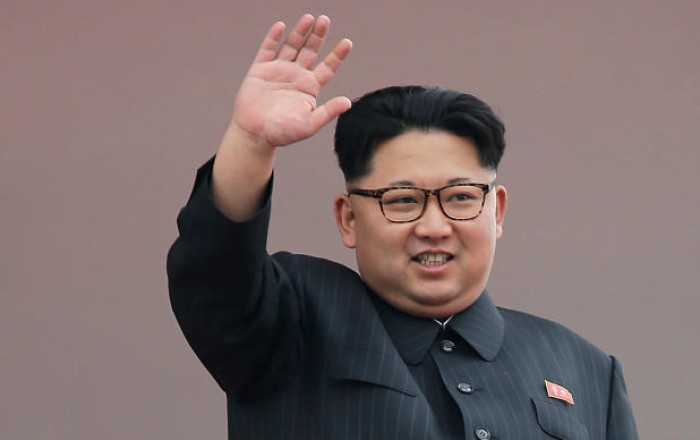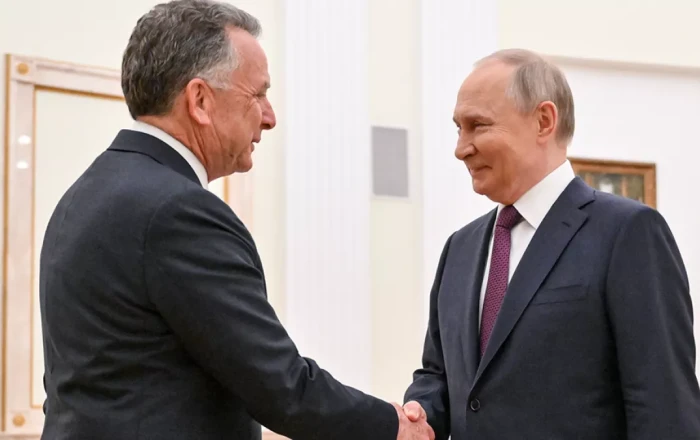The Guardian explores in a latest article that as the US and EU cut foreign aid budgets, experts warn that the world’s poorest nations are facing an escalating crisis.
From the dismantling of USAID to Europe’s shrinking commitment to humanitarian assistance, experts are sounding alarms that the most fragile countries could be left to fend for themselves, potentially fueling instability, conflict, and mass displacement.
Isabella Lövin, deputy chair of the European Parliament’s development committee, expressed concern that USAID’s budget reductions would have “very dramatic consequences around the world.” However, she also criticized recent cuts in European Union (EU) aid, calling them "very regrettable" and "wrong," emphasizing that the EU would struggle to fill the gap. "If we’re thinking about global security and stability, then the EU and its member states need to invest in democracy, in poverty eradication, in supporting communities and citizens in developing countries," she said.
Germany, the EU's largest donor, is poised to further reduce its aid under the current government, which has already cut 1.6 billion euros in 2023, with an additional 1 billion euros expected in 2024. Similarly, France, Italy, and Spain have also slashed their development aid in 2024, with the UK set to reduce its aid budget to its lowest level on record by 2027, according to Concord, a coalition of NGOs.
Charlotte Slente, secretary-general of the Danish Refugee Council (DRC), warned that these cuts, particularly by the UK, could lead to more conflict and insecurity. "Security is not only the hardware, security is also soft power," she stated, urging the British government to reconsider its decision to cut aid to fund defense.
Slente predicted "some difficult years" ahead, as rising humanitarian needs meet shrinking budgets. The DRC estimates an additional 6.7 million displaced people by 2026, bringing the total to over 120 million globally.
The effects of USAID's funding cuts have already been felt, with the DRC laying off 1,400 staff and estimating that 2 million people will lose aid. These cuts are particularly severe in conflict zones like Afghanistan, where displaced people are unable to return due to a lack of basic services, including safe drinking water and sanitation.
Lövin also criticized the EU’s focus on aid that serves its own strategic interests, such as the Global Gateway initiative, which seeks to raise 300 billion euros for infrastructure projects in developing countries. She argued that projects in conflict zones are unlikely to succeed due to a lack of investment security. "European development cooperation needs to go back to its roots to work long term on poverty eradication," she said.
Both Lövin and Slente stress the importance of focusing on long-term stability through support for democracy, gender equality, and sustainable development, rather than prioritizing short-term geopolitical interests.
By Naila Huseynova
Source: caliber.az



